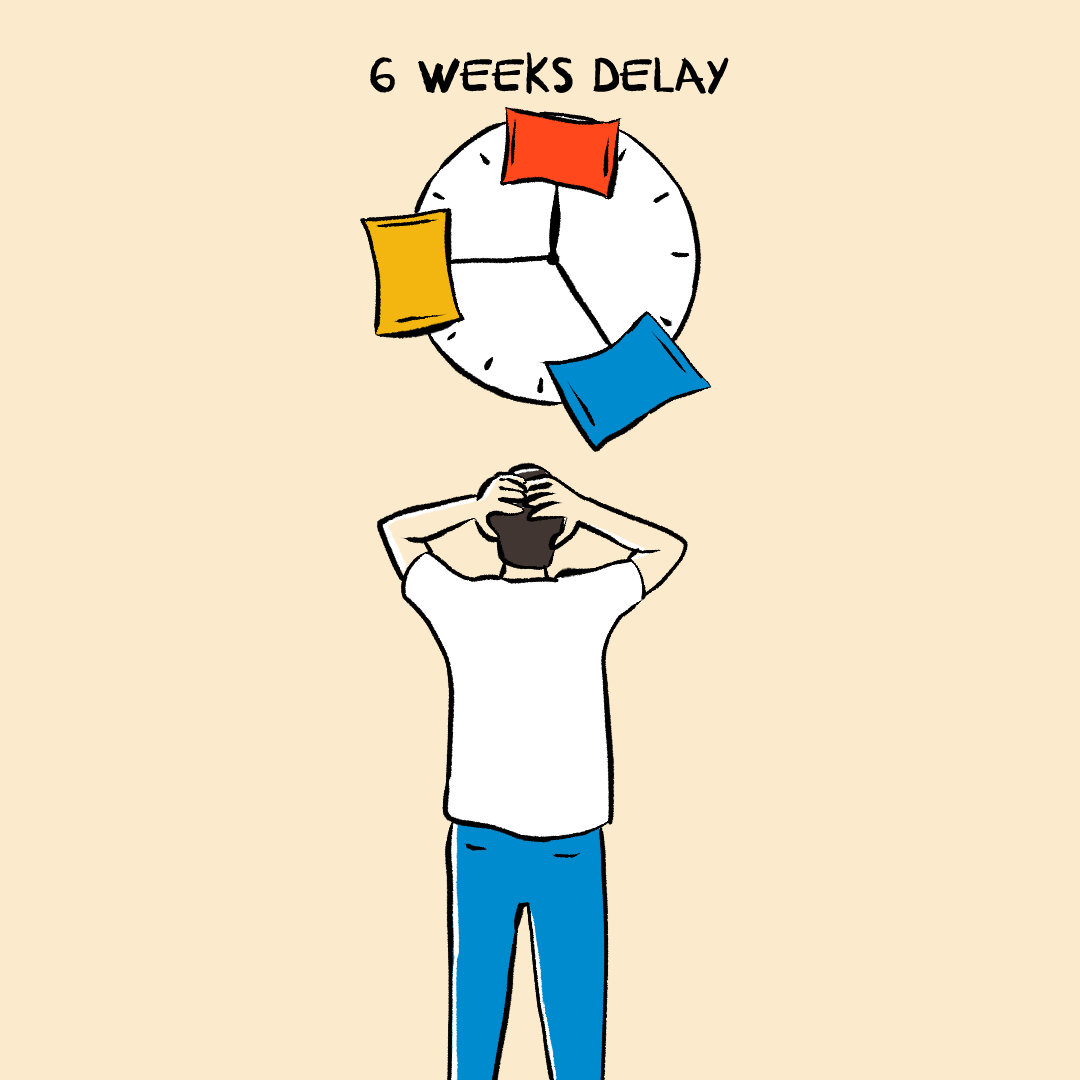Running Tantos has always been a juggling act, balancing inventory, filling orders on time, and ensuring our co-packer has everything they need. But one day, it became very clear just how fragile the whole system could be. We’d landed a couple of exciting purchase orders from major retailers within a few days of each other, big wins for a growing brand like ours. I was riding a high, thinking, We’ve got this locked down. Little did I know I was about to face my first major production hiccup.
The First Sign of Trouble
Usually, when I place an order with our co-packer, they confirm it that same day or the next. It’s routine: I email them the order, they verify everything (raw materials, production schedule, etc.) on their end, and we’re off to the races. Except this time, there was radio silence. My gut told me something was off, so I called my contact directly to see what was up. The moment he let out a deep sigh, I knew it wasn’t good news.
Turns out, someone in procurement miscounted the stock of raw materials, and my co-packer wouldn’t be able to fulfill the latest order for six weeks. Six weeks! Immediately, I imagined telling these major retailers we’d be late, contradicting everything I’d promised about our supply chain being “built for scale.” Was I supposed to cancel the orders? Delay them? Apologize profusely and hope they wouldn’t hold it against me? My head spun with possibilities.
This was the first time we’d hit a real production crisis, so I took a breath before reacting. I remembered a mentor’s words: “Being an entrepreneur is just problem-solving.” So I channeled my frustration into action. Clearly, panicking wouldn’t fix anything. I needed to figure out how to salvage these orders before the retailers lost faith in Tantos.
I’d been so focused on optimizing the existing process, I hadn’t accounted for a raw material miscount that was out of my control. In an effort to solve this issue, my co-packer and I agreed we’d look at every angle: they’d see if they could nudge suppliers to expedite deliveries by a couple of weeks, and I’d circle back with my retailers to request a slight delay. Going back to them with bad news felt terrible, but I had to be upfront—an internal miscalculation had led to a backlog. If we could just push the ship date back a bit, we could still fulfill the order.
Part of me worried they might cancel, but they ended up being surprisingly understanding. I was honest, explained the timeline, and that was that. Maybe I felt like I’d dodged a bullet, if I’d kept them in the dark or tried to bluff my way through it, I suspect it would’ve gone much worse. Ultimately, we got through the snag with a three-week extension.
It was a pressure-packed moment: two major retailers, big purchase orders, and the risk of damaging Tantos’s budding reputation. But we handled it with speed and honesty. The minute I had the full picture, I reached out to both retailers so they wouldn’t be caught off guard. They appreciated the transparency, which softened the impact. In the end, neither order was canceled, and while the brand took a slight credibility hit by being late, it wasn’t a disaster.
Lessons Learned
After we finally shipped those orders, my co-packer and I agreed to do bi-weekly calls to check inventory accuracy. It’s a quick conversation, but it helps prevent the same issue from happening again. We just added more checks and balances. I can’t guarantee we’ll never have another hiccup, but at least we’ve reduced the odds and set up a structure, like consistent calls and earlier raw material confirmations, to catch problems sooner.
People make mistakes; it’s how you fix them that counts. Even the person in procurement who messed up felt awful, I didn’t see any point in making them feel worse. Instead, we focused on solving the problem and preventing it from recurring. That’s the entrepreneurial mindset: turn chaos into a workable solution.
The Bigger Picture
Growing pains happen, and no one is perfect. Don’t point fingers; focus on (1) fixing the immediate crisis and (2) making sure it won’t happen again. Communicate candidly with whoever’s counting on you, retailers, co-packers, investors. People appreciate honesty, especially if you’re taking concrete steps to solve the issue. In my case, a single phone call to the buyer prevented a meltdown of faith in Tantos.
It’s never fun to watch your carefully laid plans unravel over a simple mistake. But if Tantos has taught me anything, it’s that resilience and transparency can turn a potential disaster into a mere footnote in your brand’s journey. And, honestly, that’s what entrepreneurship is all about: rolling with the punches, learning from them, and coming out stronger on the other side.









